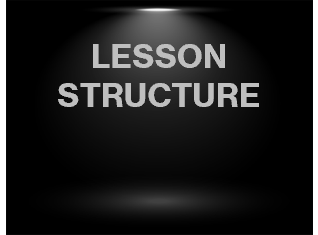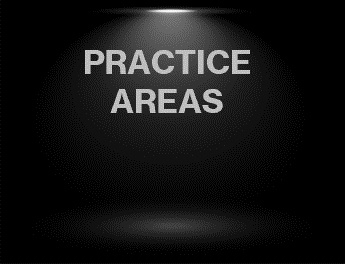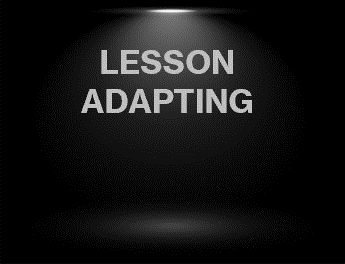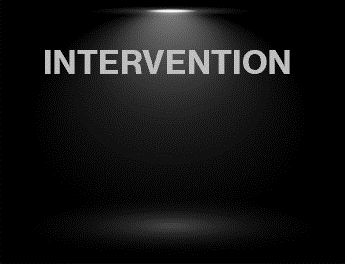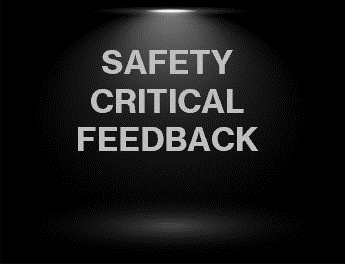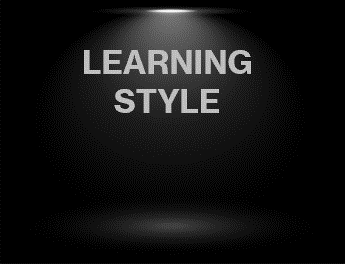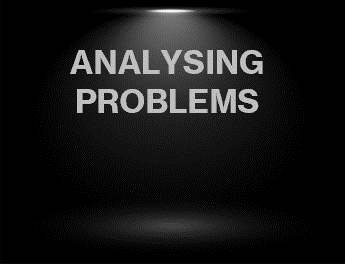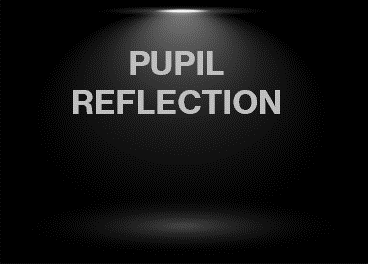
PUPIL'S QUESTIONS
Were the pupil's queries followed up and answered?

Ok so you're the expert, you know everything and your learners know nothing?
Are you sure about this?
How much do you really know and how much do your learners know?
If you just sat back, gave your learner some time and listened, you may be astonished how much some of your learners actually know.
LISTENING TO YOUR PUPIL INTENTLY IS AS IMPORTANT A SKILL FOR AN INSTRUCTOR AS GIVING INSTRUCTION IS.
Being in your own little world as your learner drives around is not what you are there for. Your learners are now paying good money to learn from you.
When a question is asked by them they are asking for help or clarity. They need you to be attentive to their needs.
If you are in a dream world when your learner is approaching a set of lights but are unsure whether they can go on amber or do they need to stop.
They need your input instantly. And you need to "be there" in the zone.
A set of traffic lights is a relatively easy example for you to get out of dream world, assess the situation and answer whether they need to stop or carry on as they have passed the point of no return.
But to be honest, you should NEVER be in dream world in the first place.
If your mind is not on the job in hand then you should be cancelling your lessons.
Your frame of mind or physical health and how it affects how you drive or give instruction is as important (if not more) that what you teach your pupils about how these things can affect how they drive.
How would you feel as a learner if every time you asked your instructor a question and they were non responsive?
I know I'd feel very unsafe.
Some questions may NOT come in the format of a verbal question!
In category 7 of the Competencies marking sheet the title
Was the trainer aware of the surrounding and the pupil's actions?
So when I say some questions may not come in the form of a verbal question it would be quite correct.
By watching your pupil, you can get a lot of questions being asked just from their body language.
Have you asked a question about something or given a direction and your pupil's face looks total dumbfounded as though you've just asked them a question about nuclear physics?
Are they flushed?
Do they look panicked?
Are they twitching?
Do they look sad?
Do they look scared?
Do they look happy?
Do they look tired?
Watch out for signs that may need your intervention or additional questions!
"Are you feeling ok?"
"Would you like me to repeat that instruction?"
"How did that just make you feel?"
"Would you like to pull over?"
Just some questions you may need to make based on your pupils body language
Is the question Safety-Critical?
Is the car moving?
What speed are you doing?
Does it need a full discussion?
What are the circumstances at the time?
As with many things in driver training, adaption is necessary and outside factors will always affect what might happen one minute to the next.
Consideration of what is happening at the time is the underlying factor of when do you respond.
As long as you are 100% engaged with the lesson (which you should always be) you will have complete control over whether a question requires immediate answer or whether it may be necessary to explain to your pupil that you'll pull in in a bit to discuss their query.
Again, as with when do you respond, what are the circumstances at the time?
Using the question about the set of traffic lights again.
Your pupil asks "Do I need to stop?"
Do you need to give an instant reply of "Yes"
or is the pupil a bit more experienced and are capable of bringing the car to a stop by giving them an option?
Realistically if they are a bit more experienced the question might not have come up as they should know that they need to stop.
However! The question has been asked and it needs to be responded to.
You now need to use your judgment on the level your pupil is at.
Are they far enough away from the lights that you can reply with a "What do you think you should do?"
Or whether the reply still need to be a "Yes!"
The fact that the question has come up, means that there is possibly some missing information from the learners understanding of what they should do.
This is where the opportunity to pull them in and discuss with them their understanding so that you can fill in the gaps and challenge their knowledge.
Gauging your pupils, is a skill that grows over time and the decision to reply to certain questions on the move or at the side of the road is one that only you will know.
If the question relates to Safety-Critical situations answer quickly and with limited words so the situation can be dealt with safely, but definitely pull in to discuss afterwards.
If it was something as simple as a bit of bunny hoping away from the lights and your pupil asked "what caused that?"
It may be easier to reply while on the move.
On your next pull in you can clarify your pupils understanding about the bunny hop to ensure that they fully understood what caused it and what they could do in the future to avoid it happening again.
Encouraging your pupils to work out answer for themselves is always DVSA's stance, as it should be yours.
It allows your pupil to think for themselves rather than just accept what the answer is without doing the work.
Modifying your questioning techniques by answering a question with a question to engage your pupil to think further about their initial question is also a great tool. If you feel that the pupil is drawing a blank to further their answer, you could also ask questions like " where do you think we might be able to find out that information" again it gets then thinking, but also arms them with potential tools for the future to go to, to get answers.
Engaging your pupil by putting questions in your replies pushes your pupil to want to expand their knowledge further too.
A question from your pupil may seem irrelevant or stupid.
But NO question is.
IT HAS BEEN ASKED FOR A REASON.
It usually means I NEED YOUR HELP or I NEED CLARITY.
How ever weird a question may seem, it has been asked so it warrants an answer.
The question may be to do with something you covered on day 1 with your pupil.
The likelihood of this question is probably because at the time of discussing it they didn't understand it fully but now their skills have developed they would like clarity on it.
It is not for you to judge that because it was lesson 1 stuff your pupil should know the answer, it's your responsibility to engage with your pupil try and inspire them to find the answer, but definitely ensure that they have understood satisfactorily your explanation in full by the time you have finished your discussion.
Possibly revisit the subject a few weeks later to see that they still understand it.
A pupil may ask you about a subject totally irrelevant to the current circumstances or lesson goal.
just that fact that it has been asked it still warrants an answer.
As it seems totally out of character for what you are both currently working on, pulling in at the side of the road and asking them how that particular subject has come up now, may open up a conversation of something that may have happened while out on private practice with Mum or Dad.
It's quite common when learners are getting private practice with Mum or Dad for the to question things that you have taught.
Being respectful of their Mum or Dad understanding, and as long as you are factually correct, you will need to explain to your pupil that the rules/laws have probably changed sine their Mum or Dad took their driving test and teaching techniques or methods of driving have also changed.
It is very likely that you will need to prove this, so ensure that you do.
In 2022, 50 new rules were introduced to the Highway code, It's pretty much guaranteed that Mum or Dad have not picked up a Highway Code book since they passed their driving test. Showing proof to back up what has been told to the pupil will carry weight for them to be trusting of what you say in the future.

